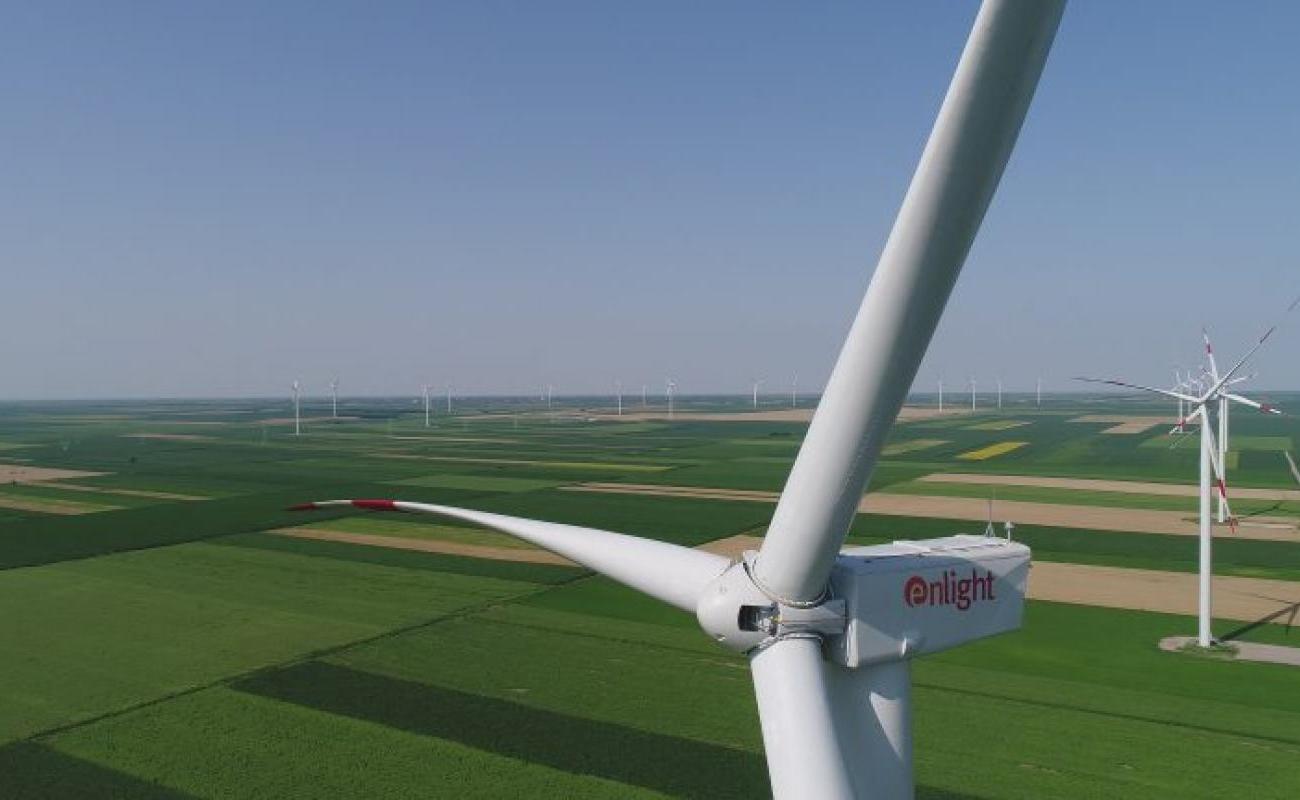EU boosts Green Agenda in Serbia

Serbia and the EU have agreed a set of seven new projects on energy, environment and transport infrastructure. This constitutes overall the biggest investment of the EU in Serbia dedicated to a green economy. The Operation Board of the EU and its member states co-financed Western Balkan Investment Framework (WBIF) approved € 263 million of EU grants for seven projects in Serbia.
The approved EU grants complement loan funding from the European Investment Bank (EIB), the European Bank for Reconstruction and Development (EBRD) and the German Kreditanstalt für Wiederaufbau (KfW), as well as national contributions from Serbia. The funds are a continued donation of the European Union to support the Green Agenda for the Western Balkans and constitute elements of the Economic and Investment Plan of the EU. It is aimed at enabling further loans as a guarantee. Following this decision to commit these funds the procedure will continue to allow the beginning of the projects in the future in view of their completion in the coming years.
With this new wave of EU funded large-scale infrastructure projects Serbia and the EU are continuing to work together for better and more prosperous future. New infrastructure will provide better connectivity within Serbia and with EU countries. A Paraćin – Međurovo section of Belgrade – Niš railway will be upgraded for high speed travel, residents of Palilula-Belgrade will finally have modern sewage system and the Serbian energy sector will be boosted with new renewable energy capacities in Vlasina and Kostolac.
These projects will directly impact the quality of life across Serbia by improving connectivity, reducing unnecessary emissions and environmental degradation. With this € 263 M nonrefundable EU investment, substantial economic growth would be enabled by the creation of new business opportunities and jobs in local communities. The donation to Serbia in the energy sector is a part of € 500 million funds for projects in the energy sector of WB countries announced at the recent EU-Western Balkans summit in Tirana. It should also help Serbia to decarbonise its energy sector by increasing production from renewable energy sources in order to reach its renewables target for 2030.
The Head of EU Delegation to the Republic of Serbia Emanuele Giaufret, emphasized the moment and importance of this large-scale investment.
“Times of great energy and economic crisis demand timely reactions and substantial support in critical sectors. In the same time, we remain committed to a cleaner environment and provision of support for better and quicker development of Serbian local communities. Large scale projects we are already developing together, such as Serbia-Bulgaria Gas interconnector and Trans-Balkan electricity corridor, the Railway line from Belgrade to Niš on Corridor X, are of great value, not only for the economy, but for the local communities and connectivity. They provide jobs, access to better services and improved environmental conditions.”
Minister of European Integration Tanja Miščević stated that these funds, whose allocation was jointly agreed by the European Union and our country, will significantly contribute to higher living standards of citizens across Serbia.
“The EU decision to approve grants in the amount of EUR 263 million is another indicator of concrete benefits of the European integration process. Citizens will see the results very soon – train journey from Niš to Belgrade will be much faster, passenger safety will be improved, production capacities of our energy system will be improved, notably those from renewable sources such as wind energy, and transmission system losses will be reduced as well. Residents of Kotež, Borča and Krnjača will have improved living conditions as a result of construction of a modern wastewater management system in that part of Belgrade, on the left bank of the Danube”, underlined minister Miščević and added that these very projects demonstrate the benefits even before EU membership.
Tanja Miščević emphasised that, by approving these seven projects, the European Union is helping us reach this goal as soon as possible and we are extremely grateful for that.
Over the next seven years, the EU will mobilise up to €30 billion in cooperation with international financial institutions through the Economic and Investment Plan for the Western Balkans launched in 2020. The following EIP projects for Serbia were previously endorsed in 2022: Removal of WWII German sunken vessels from the Danube – Prahovo sector; Niš railroad bypass; Stalać – Đunis railway section, Trans-Balkan electricity corridor; Advanced system for remote meter reading in Kraljevo, Čačak and Niš, Rural broadband rollout and University Children’s Hospital Tiršova 2 in Belgrade.
The EU has invested more than €830 million in the energy sector in past two decades. Only in 2022 the EU support to energy sector in Serbia is estimated at €100 million. Additionally, the European Union will provide Serbia with €165 million in direct budget support so that citizens and small and medium-sized enterprises can pay for energy and deal with the current energy crisis.
